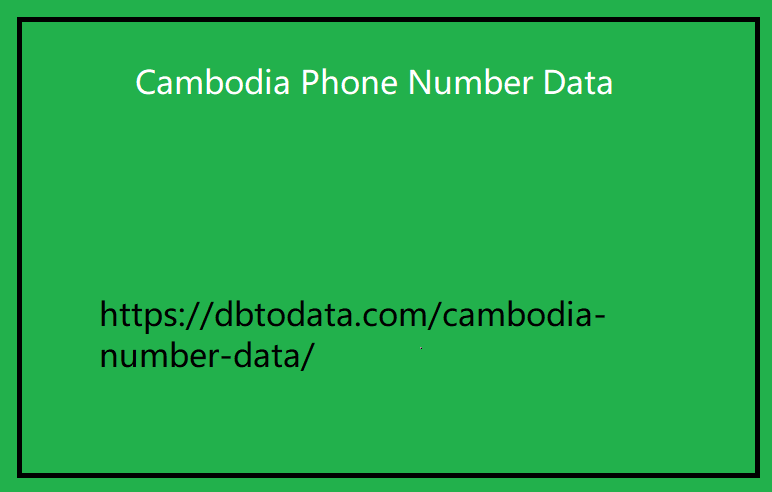|
|
If you receive a penalty, your rank in the search results screen may go down or you may not even be exposed on the search results screen at all. Alternatively, less important pages may be judged as representative pages and displayed in search results instead. For example, if parameters are added to the URL through UTM settings or filter/option selection, search engines may judge this to be a separate page with a different URL, although it is ultimately the same page. Canonical tags can be seen as tags that help prevent potential duplicate content issues in these situations. What is search engine optimization (SEO)? SEO (Search Engine Optimization) is an abbreviation for Search Engine Optimization, which means search engine optimization.
By optimizing the on-site, off-site, content, and other important elements of a specific website into a structur Cambodia Phone Number Data preferred by search engines, your website is optimized when a user enters a specific search term. It is one of the 'long-term' digital marketing strategies that increases traffic and sales by ensuring that you reach the top. How long does SEO (Search Engine Optimization) take? The time it takes to get top exposure on Google using SEO (search engine optimization) varies greatly. Many variables come into play, such as the difficulty of keyword ranking, the current optimization status of the target website, the optimization status of competitors, and the target value. Long-tail keywords such as “the most famous law firm in Songpa-gu” can be used for as little as 3 months, and keywords such as “cell phone” and “insurance” have to compete with large companies, so even with lifetime optimization work, 1 page Ranking may not be possible. these large companies, organic sales increase astronomically when the keywords move from page 2 to page 1, so they invest a significant amount of money in optimization work.

Therefore, in the case of websites of small and medium-sized companies, they must slowly occupy long-tail keywords one by one. What is the difference from keyword advertising (PPC)? PPC (pay-per-click) advertising, such as Naver Power Link or Google keyword advertising, has the advantage of being immediately exposed to the top if you pay for it to the search engine, but once the advertising fee is used up, it immediately disappears from the search engine. On the other hand, in the case of websites optimized through SEO (search engine optimization), it takes a long time to be exposed to the top, but once it is promoted, the top exposure is maintained to some extent without spending any money, so the long-term ROI (return on investment) is evaluated to be high. It is becoming.
|
|

